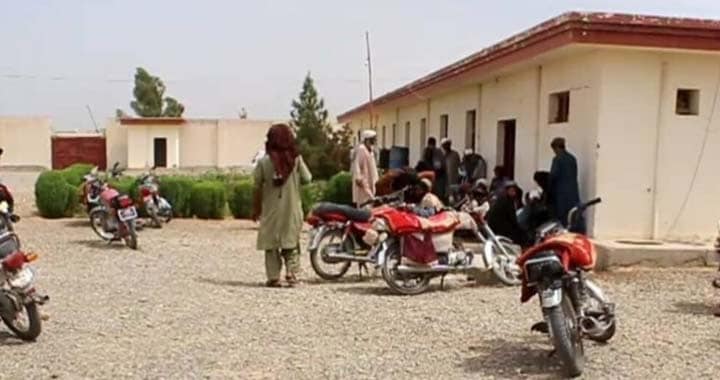People across Helmand province have blamed Taliban-run courts for widespread corruption, delays, and biased rulings in serious cases involving murder, land grabs, and abductions. Residents say judges routinely take bribes and favor those with money or influence, leaving ordinary people without justice.
Sources say hundreds of people from 18 districts come daily to the main courthouse in Lashkar Gah to file complaints or follow up on pending cases. Many return home empty-handed after facing months of delays and indifference from court officials.
Tala Mohammad, a resident of Kajaki district, says his long-standing family dispute has been ignored despite months of waiting. “My daughter was married with witnesses, and I paid the full dowry. But her family refuses to hand her over,” he said. “The case was sent here three months ago, but nothing has moved. My father-in-law has money, so the judges just sent him home. I’m still here.”
Another resident, Khangal from Nawzad district, says his land was taken by force despite his legal ownership. “I’ve used that land for 10 years. I have the deed. Still, someone seized it and the court won’t even let me speak,” he said. “The judges only work for those who can pay them.”
Multiple similar cases have surfaced, reflecting what many describe as a deep-rooted problem within Helmand’s judicial system under Taliban control. Residents accuse the courts of being inaccessible to the poor and say justice is now “for sale.”
Even local officials acknowledge the dysfunction. Speaking anonymously, one official admitted that many courts mistreat people and fail to process cases fairly. “We have four decades of war behind us. Some cases are still pending from that time,” the official said.
However, rights observers argue that historical conflict cannot justify ongoing abuses in the justice system. They warn that without urgent reforms, public confidence in Taliban-run institutions will continue to collapse.
For now, the people of Helmand say they are left to navigate a legal system where influence speaks louder than evidence, and justice remains out of reach for those who need it most.





